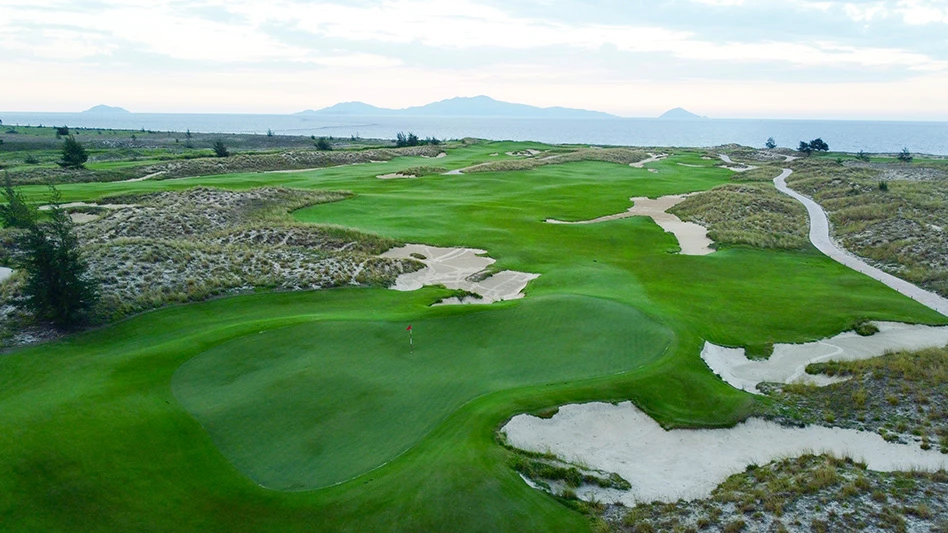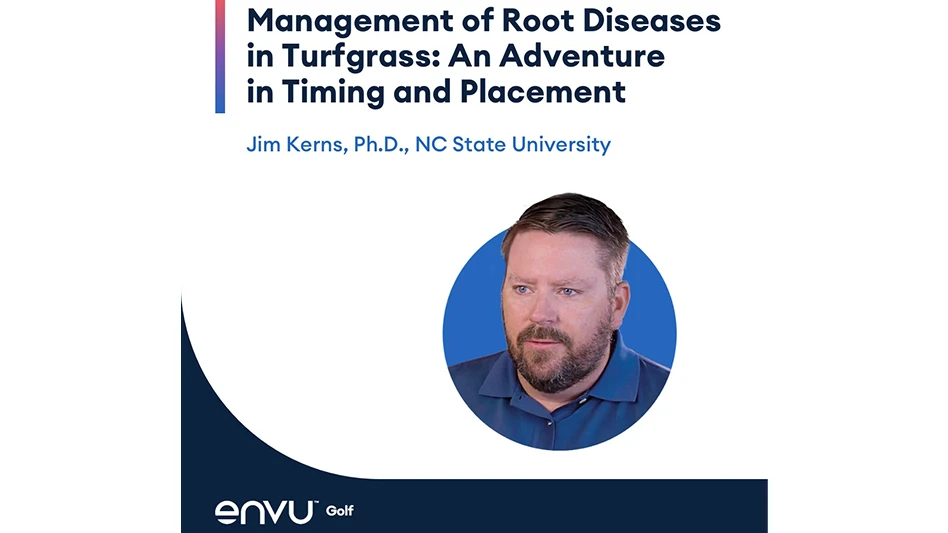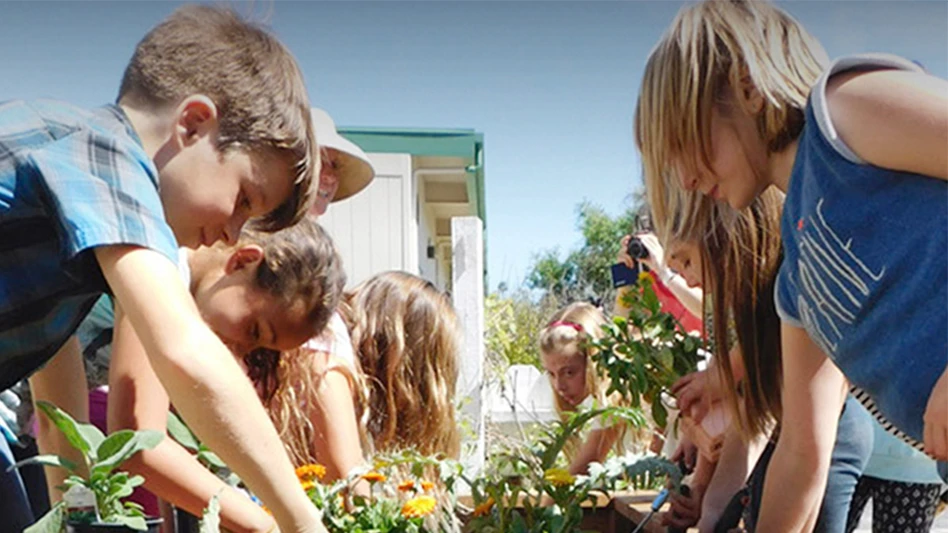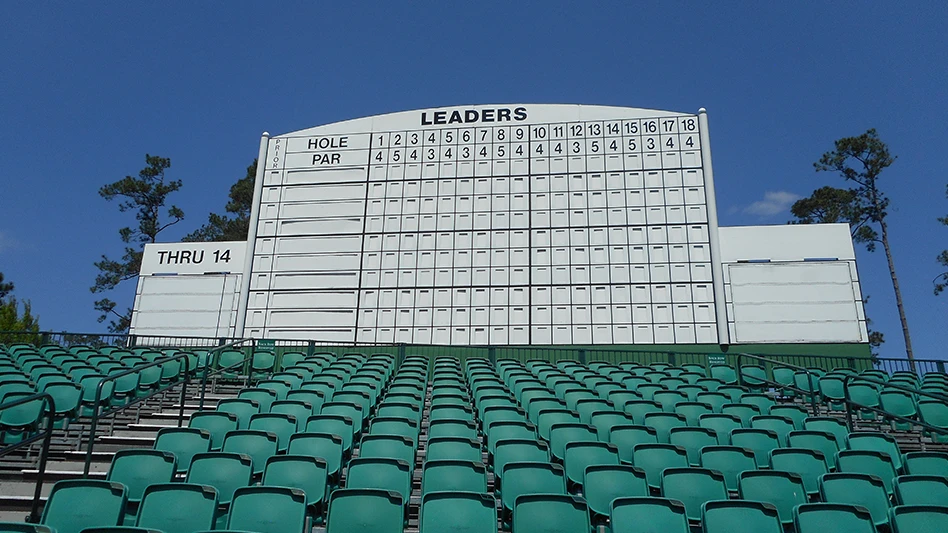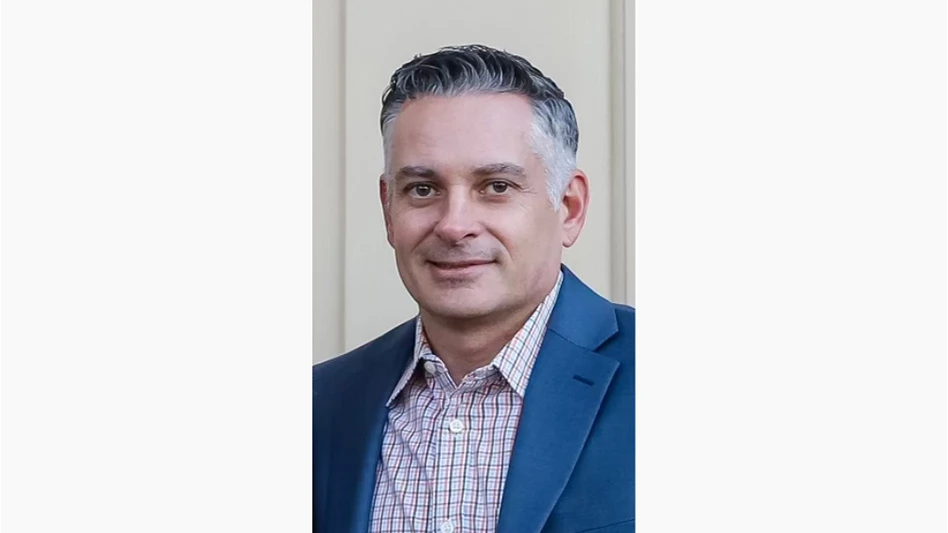
While Tim Hiers, CGCS, doesn’t have a formal training program for his team, but when it comes to heat-related issues he preaches the ‘Gospel of Good Judgment’ to his team with the gusto of a tent revival minister.
“It’s just experience and common sense,” says Hiers, the director of agronomy at the Club at Mediterra. "Most of our guys on our crew have been working on golf courses a long time."
 Hiers has spent 47 years in the golf industry, including 41 as a superintendent. He’s spent his entire career in Florida; In May, he completed his second year at The Club at Mediterra in Naples where he oversees the care and conditioning of 36 holes.
Hiers has spent 47 years in the golf industry, including 41 as a superintendent. He’s spent his entire career in Florida; In May, he completed his second year at The Club at Mediterra in Naples where he oversees the care and conditioning of 36 holes.
For the most part, the crew takes Hiers’ philosophy to heart.
“The guys you’ve got to watch are the young guys," Hiers says. "I had a guy about 15 years ago who had heatstroke on the golf course. It was a scary thing. It was a young, very fit guy who thought he was indestructible. There was no permanent damage, but it was scary. I’d never seen anything that bad, that close up.”
During the summer months, temperatures in and around Naples reach between 93-97-degree daily. Throw in the oppressive humidity and it is easy to understand how and why Hiers has developed an assortment of strategies for coping with the heat.
Some years ago, while employed at another club, Hiers and his crew were regrassing greens.
“We switched the crews out to prevent heatstroke,” he says. “Lifting the old sod off those greens was very, very strenuous. The crews got frequent rests, we had sufficient manpower but we were highly cognizant of the potential for back injury and heat stroke.”
In addition to water and Gatorade, the crews were provided with fruit, including apples, peaches, and grapes.
Hiers makes it a point to communicate with his grounds team about the dangers of hot weather. “If we know it’s going to be 98 degrees we’ll talk to the guys,” he says. “We remind them to stay hydrated. “
Like other superintendents, Hiers make sure the members of his team are never working in isolation. “Nobody really works by themselves,” he says. “There’s always somebody with somebody.”
Of course, some jobs are more strenuous than others and require a different level of supervision.
“If you’re just changing cups, you’re not likely to have an issue,” Hiers says. “But if you’re out doing something more physical where you’re burning more calories and maybe you’re not taking water in like you should, then we’ve got closer eyes on that.”
“It’s just experience and common sense,” says Hiers, the director of agronomy at the Club at Mediterra. "Most of our guys on our crew have been working on golf courses a long time."
 Hiers has spent 47 years in the golf industry, including 41 as a superintendent. He’s spent his entire career in Florida; In May, he completed his second year at The Club at Mediterra in Naples where he oversees the care and conditioning of 36 holes.
Hiers has spent 47 years in the golf industry, including 41 as a superintendent. He’s spent his entire career in Florida; In May, he completed his second year at The Club at Mediterra in Naples where he oversees the care and conditioning of 36 holes.For the most part, the crew takes Hiers’ philosophy to heart.
“The guys you’ve got to watch are the young guys," Hiers says. "I had a guy about 15 years ago who had heatstroke on the golf course. It was a scary thing. It was a young, very fit guy who thought he was indestructible. There was no permanent damage, but it was scary. I’d never seen anything that bad, that close up.”
During the summer months, temperatures in and around Naples reach between 93-97-degree daily. Throw in the oppressive humidity and it is easy to understand how and why Hiers has developed an assortment of strategies for coping with the heat.
Some years ago, while employed at another club, Hiers and his crew were regrassing greens.
“We switched the crews out to prevent heatstroke,” he says. “Lifting the old sod off those greens was very, very strenuous. The crews got frequent rests, we had sufficient manpower but we were highly cognizant of the potential for back injury and heat stroke.”
In addition to water and Gatorade, the crews were provided with fruit, including apples, peaches, and grapes.
Hiers makes it a point to communicate with his grounds team about the dangers of hot weather. “If we know it’s going to be 98 degrees we’ll talk to the guys,” he says. “We remind them to stay hydrated. “
Like other superintendents, Hiers make sure the members of his team are never working in isolation. “Nobody really works by themselves,” he says. “There’s always somebody with somebody.”
Of course, some jobs are more strenuous than others and require a different level of supervision.
“If you’re just changing cups, you’re not likely to have an issue,” Hiers says. “But if you’re out doing something more physical where you’re burning more calories and maybe you’re not taking water in like you should, then we’ve got closer eyes on that.”
Latest from Golf Course Industry
- Renovating Bredemus in West Texas
- Renovation starts at Okatie Creek GC at Sun City Hilton Head
- The Fittest Podcast in Turf: Episode 1
- GCSAA announces Grassroots Ambassador Leadership Award recipients
- Reel Turf Techs: David Gummo
- PBI-Gordon promotes two to executive level
- VIDEO: A First Green morning
- Bloom Golf Partners adds HR expert

